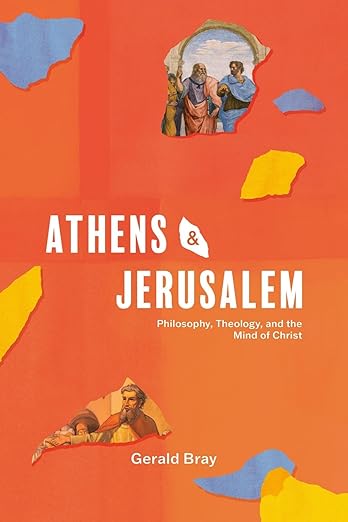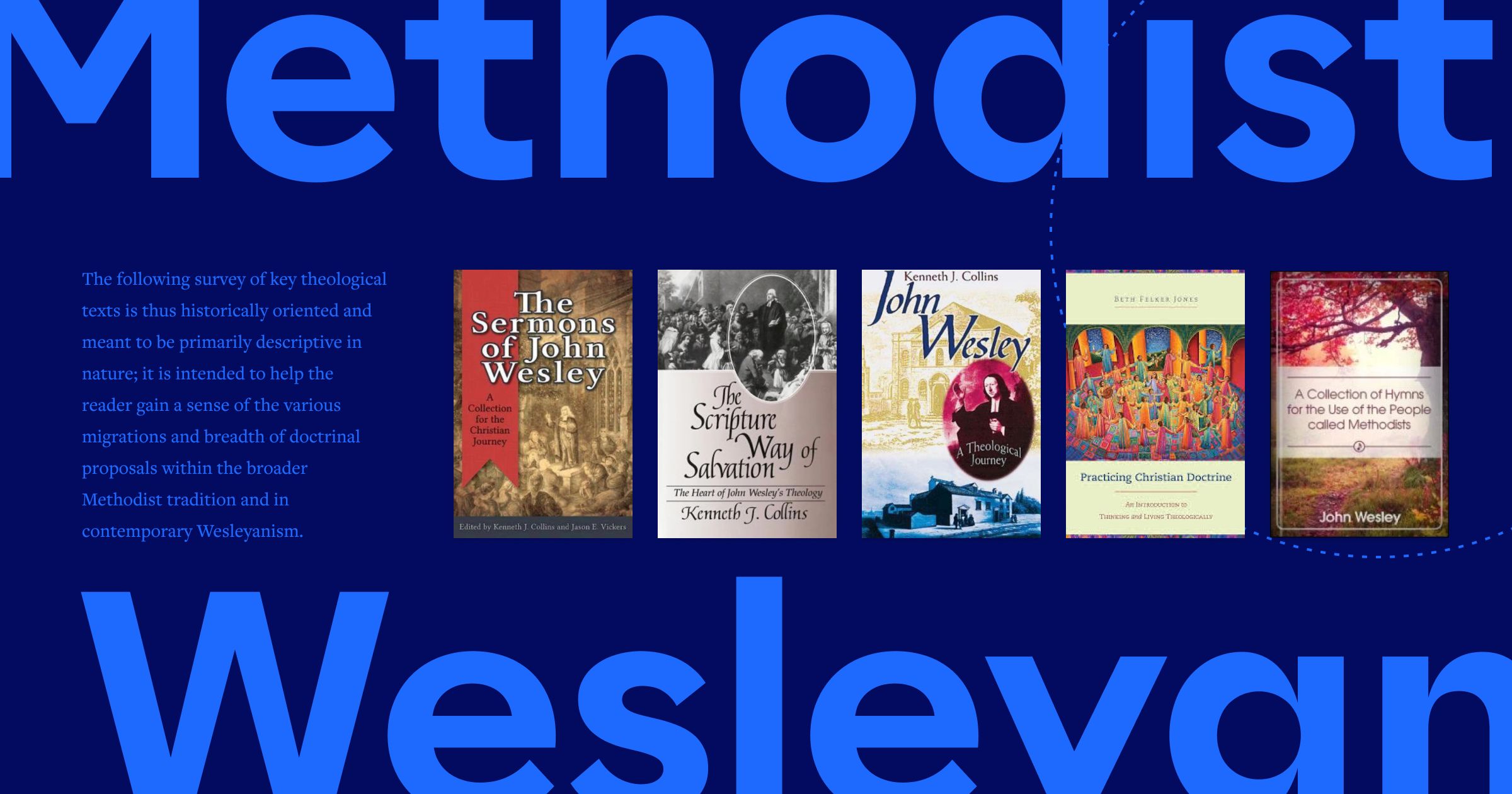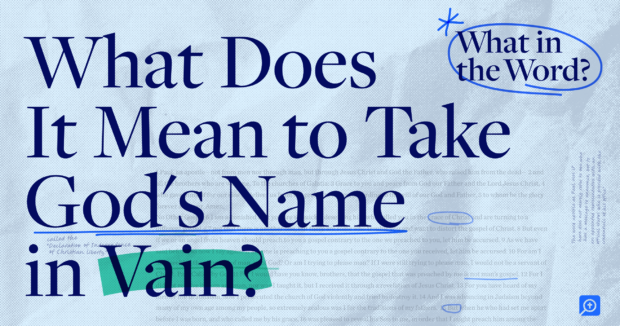Gerald Bray’s Athens and Jerusalem— Part Two 2025-04-03T14:36:23-04:00 Ben Witherington
As I have already alluded to, I know of no better survey of the development and interaction of philosophy and Christian theology than this one, and it is written in a clear way that divinity students can understand, though it would help if they had had some prior courses in philosophy. It is interesting that the first major Christian theologian, Tertullian, had something of an allergic reaction to the suggestion that Greek philosophy and Christian theology could be dialogue partners. Most of those who followed him saw this as an over-reaction, and Bray does a good job of tracing where Platonism, Aristotelianism, and Neo-Platonism made inroads in the way Christians viewed reality including their theologizing. But as Bray also makes quite clear— there were significant problems with reading the Bible in light of such ancient Greek philosophies. For instance the idea that this world is the world of shadows, which has its counterpart in heaven where the really real exists, has sometimes been read into Hebrews, but even the author of Hebrews thinks that the most important act of salvation happened here on earth, with the death and resurrection of Jesus, of which there is no parallel in heaven. As Bray goes on to stress at various points in his book– the theology of creation, and its distinctiveness from the creator is crucial to Biblical theology, and furthermore, the goodness of God’s creation is such that the attempt to contrast spirit with matter, with matter being evil or inherently tainted simply does not work. Further still, it is precisely because all of creation and its creatures are distinct from God, this meant that it was no sacrilege or defilement to study, use and build upon the good material creation God had made.
It is interesting that early Jews went one of two ways in regard to Plato and Aristotle. On the one had there was Philo of Alexandria who was deeply indebted to the allegorizing tendencies he found in Platonic thought, but on the other hand there was Josephus who suggests that the great Greek philosophers borrowed their best ideas from Moses no less! While not impossible, I find this unlikely.
In the lead up to Constantine and the legitimizing of Christianity as a legal religion, as Bray shows there were major battles fought with both Jews (see Origen and Celsus) and also Gnostics (see Irenaeus) for differing reasons. Even when Christianity emerged from the catacombs and was even endorsed by emperors, the influences of Greek philosophies continued really throughout Christian theologizing right through the 20th century.
In our next post, I will share some highlighting quotes from Bray’s tour de force study.












 English (US) ·
English (US) ·